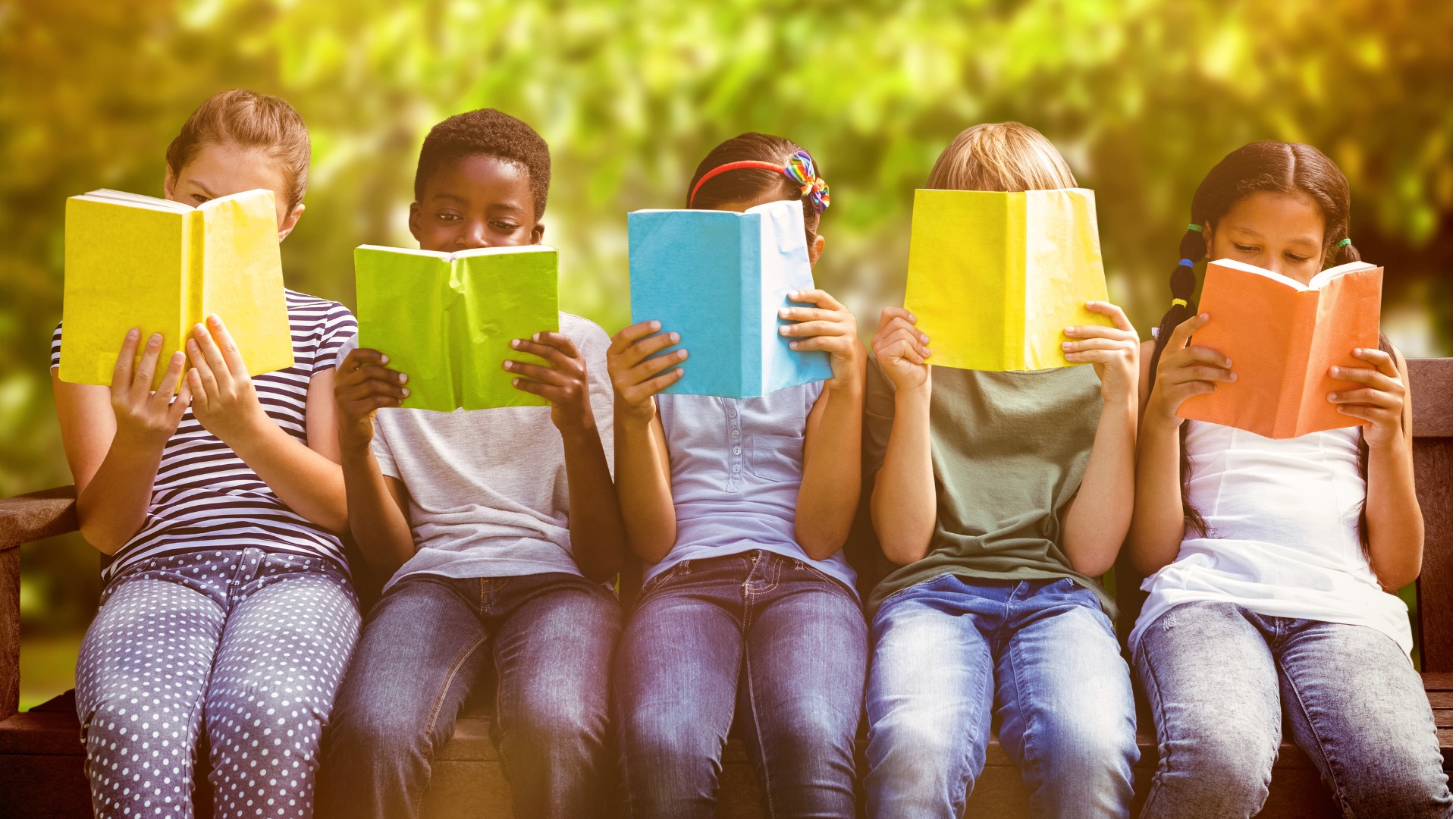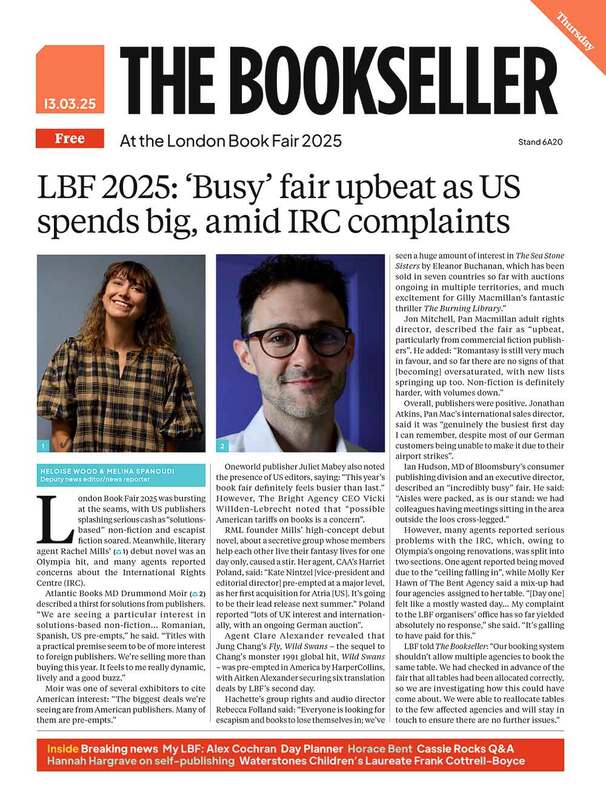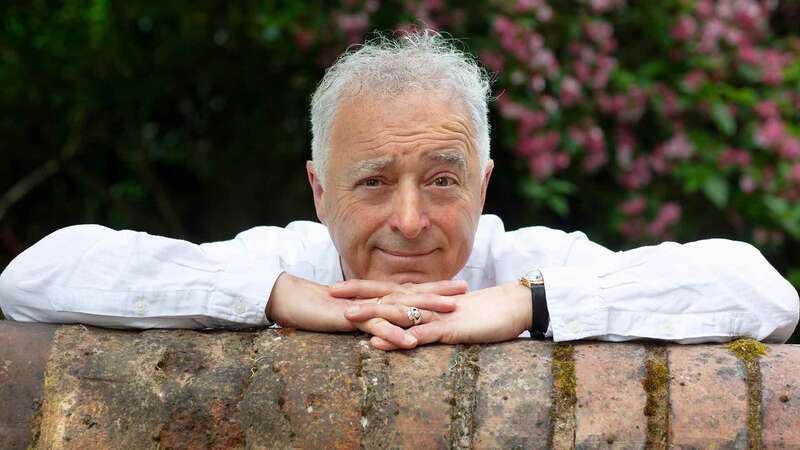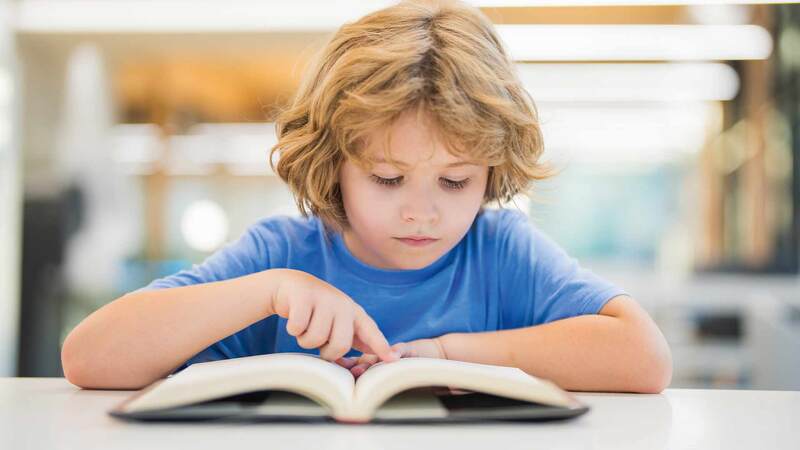You are viewing your 1 free article this month. Login to read more articles.
World Book Day organisers urge focus on reading for pleasure, as National Literacy Trust survey reveals decline
Ahead of World Book Day on Thursday 2nd March, the charity by the same name is urging teachers, carers and parents to encourage reading for pleasure as it continues on a sharp decline.
Reading was the only core subject which saw attainment levels improve in 2022, with Department for Education Key Stage 2 statistics revealing that 75% of pupils at Key Stage 2 met the expected standard in reading, up from 73% in 2019.
However the National Literacy Trust (NLT) Annual Literacy Survey shows that the number of children who say they enjoy reading is in serious decline, with reading for pleasure at its lowest level for 18 years.
The survey found that fewer than one in two children aged eight to 18 said they enjoyed reading in 2022, the lowest level since 2005. For children growing up in poverty, this number is even lower, with fewer children and young people who receive Free School Meals (FSMs) saying they enjoyed reading compared with their peers who do not receive FSMs (43.8% vs. 48.8%). The percentage-point-gap between these groups has more than doubled from 2.1pp to 5pp between 2020 and 2022.
The cost of living is also squeezing family budgets, creating further barriers to reading for pleasure. A total of 500,000 (one in 15) children in England aged eight to 18 say they do not own a single book, which rises to one in 10 for those eligible for Free School Meals, according to the NLT.
The World Book Day charity has focused on a number of initiatives and provided guidance to improve reading accessibility. This includes ideas for no or low-cost costumes and costume swaps, book swaps and other free activities in school or community groups. There is also advice on how to fundraise more inclusively, focusing more on reading over other aspects such as dressing up.
Children and young people who take part in World Book Day activities enjoy reading more compared with their peers who don’t take part, NLT data has shown, and 54.7% read more books as a result of World Book Day. Children who are the most engaged with literacy are also three times more likely to have higher levels of mental wellbeing than those who are the least engaged.
In its 25th year in 2022, the charity distributed 50 million £1 book tokens through schools, nurseries, magazines and partnerships.
Jonathan Douglas, chief executive of the NLT, said: “World Book Day is an important moment to inspire and delight children with the wonder of books. It is a powerful platform to reinforce the importance of building literacy skills for life — this is even more essential during these times of economic hardship. Economic studies have shown that reading for pleasure can result in children getting better GCSEs, which in turn boosts their lifetime earnings and raising the UK’s GDP.”
Cassie Chadderton, c.e.o. of World Book Day, commented: “World Book Day exists to encourage more children, particularly those from disadvantaged backgrounds, to benefit from a life-long habit of reading for pleasure.
“There are lots of affordable, inclusive and enjoyable ways to create joy and excitement around reading. Dressing up is a great way to encourage children to read, and we’ve shared ideas for other fun activities and resources to help schools, nurseries and families to work together to create a World Book Day where everyone feels included.”






















